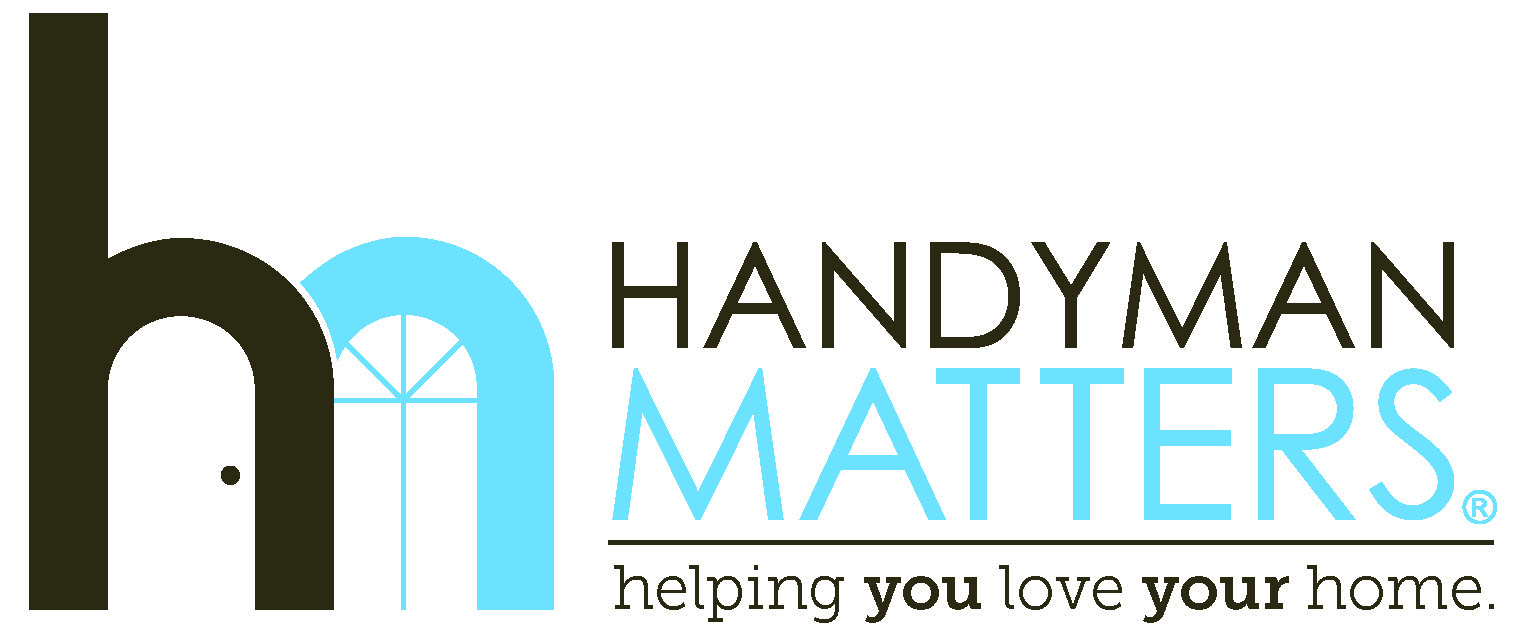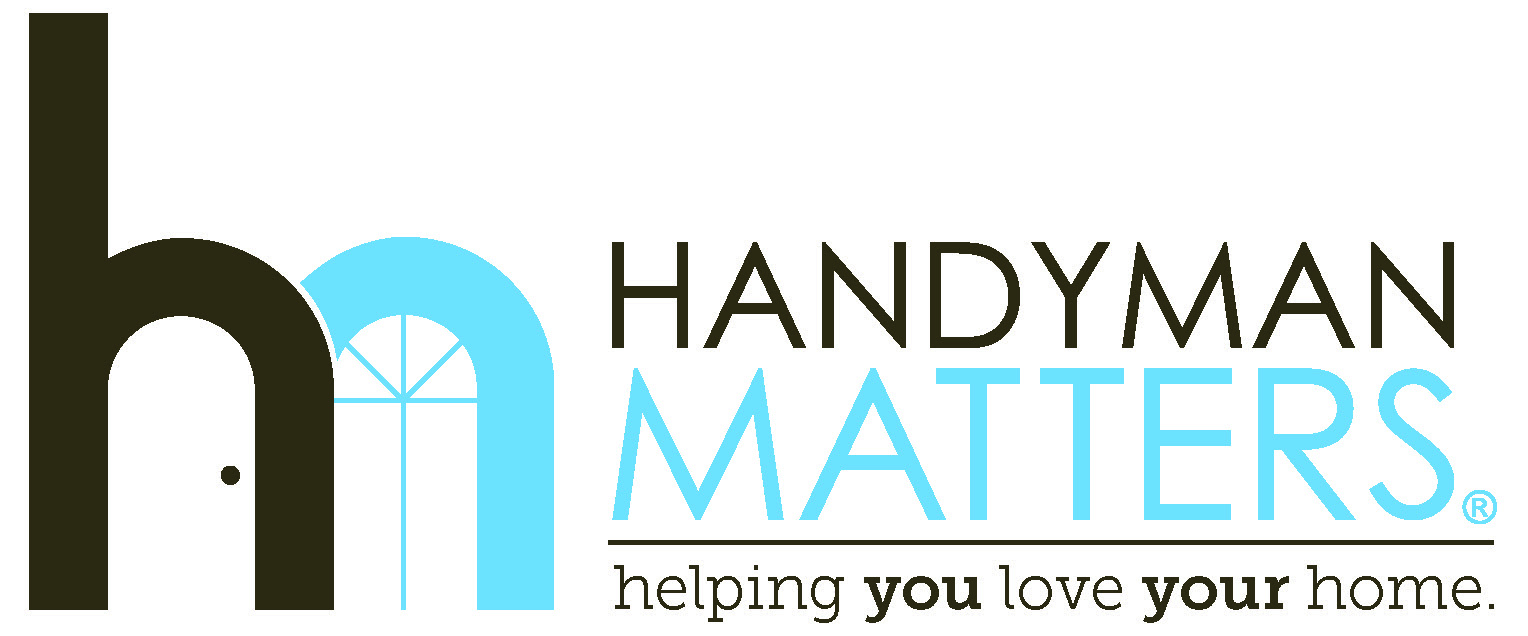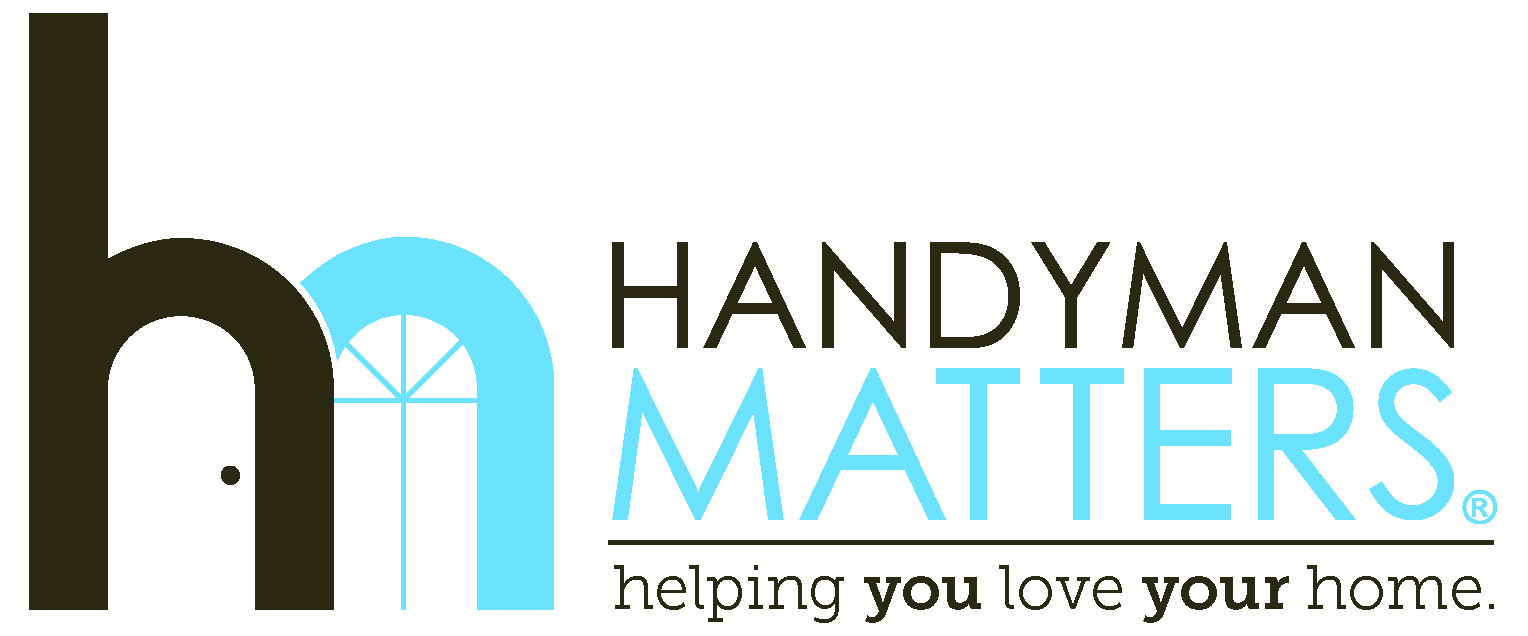A lot has happened since December 2019 when I wrote Take the Recharge Challenge about husband-and-wife clients of mine who were learning to take time for themselves without feeling (too) guilty about it.

That story came back to me recently when I was talking with another client and friend. She’s got a lot on her plate: She runs two companies, has recently lost a parent, is moving to a new home and has kids in college. In the midst of all this, she realized she wasn’t doing anything to take care of herself. She was getting worn out and demoralized. Since she’s a client of mine, she knew what I was going to say: Take time to take care of yourself!
Because she knew that would be my prescription, she had already taken some steps toward self-care: She got a few cosmetic services she’d been needing, and she started getting out of the office and taking a walk at lunch. But as we talked, I got the sense she was feeling a little guilty. Like she wanted to check and make sure it was okay for her to do these things for herself.
My answer is Hell yes!
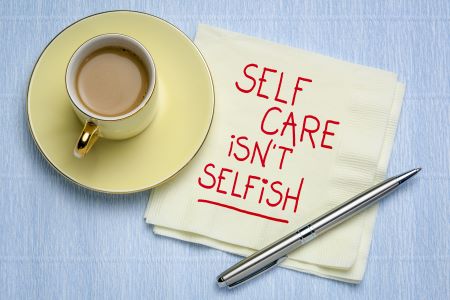
I’m not the only one who thinks so. If you do an internet search, you’ll find everyone from the Mayo Clinic to the Alzheimer’s Association to the National Alliance on Mental Health to Forbes to People Magazine all agreeing that self-care is vital. In fact, surveys show that we all know it’s important, that we all want to take care of ourselves and even intend to make time to do so—and that we don’t do a very good job of making it happen.
I’d like to make the argument that there has never been a better time to take time for yourself. A lot of us are climbing back up on the treadmill, trying to make up for lost time. As we get back into business as usual, it will be way too easy to put taking care of ourselves on the backburner and not realize we’re burning ourselves up with work.
The nice thing is, taking care of yourself doesn’t have to be hard. You’ll be surprised at how making a few small changes can make a huge difference in how you feel—and how well you work. I call them the Four Rs: routine, reflect, relax, recharge.
Routine
I am a big fan of routine. My morning routine consists of a cup of coffee and a devotional reading. It puts me in a more positive frame of mind and makes my day more likely to go well than if I just rolled out of bed and got to work. I’ve written and talked a lot about the importance of routine (see my blog Routine: Your Secret Weapon and my video The Importance of Routine for Business Owners), and I’m thrilled to say that people have been listening. A client called me just the other day to thank me for sharing my morning routine with him and others. He’s started following his own morning routine and says it’s made a world of difference in how he feels.

Morning isn’t the only time for a routine. Midday can be a great time to step away from work and refresh. A lot of people I know, including the friend who inspired this blog, get outside for a walk during lunch hour. A change of scenery and some fresh air can help wake you up and get you set for a productive afternoon. Or maybe you need your pick-me-up in the afternoon, as a transition between work and home.
Finding what works for you may take some experimenting, but here are a few questions to ask yourself to get you started:
- What is your roughest time of day? There’s a pattern for most of us, a time when we feel tired, stressed or down. If we get ahead of it by doing something that makes us feel better, we can alleviate or even eliminate those times.
- What restores you? Is it that quiet cup of coffee or tea? That invigorating run? Some fresh air? Getting your thoughts down on paper? Reading something inspiring? Whatever it is that makes you feel good should be part of your routine.
- What can you do to make it happen? Habit takes time to develop. Your routine will become something that’s such a part of your life that you’ll never want to skip it, but you’ll need to help it along at first by adding it to your calendar, setting an alarm, posting sticky notes on your mirror or recruiting a friend to keep you on track. Trust me: The work up front will be worth it.
Reflect
Even those of us who are struggling with challenges have much to be thankful for; sometimes we just need to look for it. Gratitude is a muscle; the more you use it, the stronger it gets. Taking time on a regular basis to reflect on what we have and what we’re grateful for is a powerful exercise.
Did you catch that phrase on a regular basis? Sounds like a routine, doesn’t it? The Four Rs we’re talking about have a lot of overlap, so you may find that your routine has reflection built into it. If you’re reading a devotional, you might reflect on the blessing of God in your life; if you’re journaling, you might write about someone or something you are particularly grateful for that day or reflect on a bad time that’s behind you now; if you’re walking your dog, you might find yourself thankful for such a sweet, loyal companion who’s always there for you.
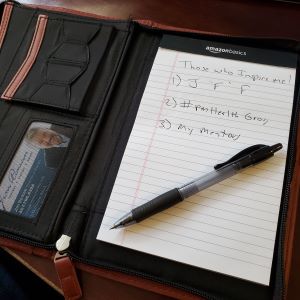
Humans are wired for negativity; we’re always on the lookout for what’s out to get us and how things can go wrong. That was handy in the days of saber-toothed tigers and still has a place at a busy intersection, but it can be a disadvantage in much of our modern life. Reflecting on the positive and practicing gratitude can make us happier, improve our relationships, reduce stress and even help us sleep better.
How do you make reflection and gratitude part of your life? Try these three things:
- Start every day by listing three things or people you are thankful for. You might keep a gratitude journal for this purpose, but even listing them silently in your head or in prayer works. Try not to focus on material possessions.
- End every day by listing three things that made you happy. Same rules apply as above. If you struggle to find three things in each day, you may be looking too big. Those little things are important too, like the thirty seconds the standoffish cat spent in your lap, or the rabbit you saw on your walk.
- Say thank you. Gratitude doesn’t have to be shared with others to have a positive impact on your life, but its power can be magnified when you do. Think about the last time someone thanked you for your time or complimented you for something you did. How did you feel? Wouldn’t it be great to spread that feeling to others?
Recharge
We all have those times during our day when our brain gets foggy, when we’re not making progress. We all have those times during life, too, when we get into a rut and the world and work lose that Technicolor brightness. When that happens, we need to change the channel, shake things up.
For me, getting outside into nature gets me out of my head. I’ll see a beautiful tree, and I’ll be engulfed with love of beauty. I’ll take a moment to reflect on God’s hand in the world and how grateful I am for that. (More overlap!) I’ll forget, for a few minutes, whatever was bugging me or stressing me out. I come back from those walks recharged and ready to get things done.

Taking time to recharge can also help you get unstuck mentally. When my Queen of Content gets blocked creatively, she gets up from her desk and heads outside. Usually before she even reaches the little bridge at the end of her cul-de-sac, her brain has broken through and given her the words or design she needs.
Though getting the blood pumping is a proven way of boosting your energy and the chemicals in your brain that make you feel good, recharging doesn’t have to be about physical activity. A realtor friend of mine has her nails done each week, and she finds that she comes up with creative solutions to her challenges during that downtime. How many times have you come up with a great idea while in the shower or while doing something mundane like washing the dishes? That happens because the brain goes into a different mode when you give it downtime. When it’s not so focused on one thing, the brain can wander and process; it can make imaginative connections.
If you need any more convincing that giving your brain the space to drift can make you more productive and innovative, I have two words for you: Edison and Einstein. Both of these geniuses were famous daydreamers, and I’m sure we would all agree that they were pretty productive.
So far we’ve talked about short-term recharge, the kind you experience when your brain is tired. It’s important that we all do a deeper recharge, too, where you get physically and geographically away from work and the day-to-day grind of life. That can be hard for us small business owners because our lives are so entwined with our work. I make friends with a lot of my clients, and when I visit with them socially I have to remember that I’m there to put my feet up and get away from work, not to mix business with pleasure.

My recommendation to all my clients—to all people, really—is that they take a break from work every 90 days. That means getting completely away and not being available. Before you say, “That’s impossible, Jim!” let me tell you that I’ve heard all the reasons it can’t be done, and I have an answer for all of them. Here are a few of the most common I hear:
- You can’t go away because you have too much to do. That’s because you’re not delegating enough and putting the right systems in place. Read my blog Letting Go to Grow and check out my video Are You Stretched Too Thin?
- You can’t go away and be unavailable because you’ll come back to chaos. That’s because you don’t have the support system you need. You don’t have a #2. Read my blog Do You Have a Wingman? Getting Your #2 to Think Like #1.
- It’s been so long, I have no idea what I would do even if I could get away. This is the one that breaks my heart. What is the point of having a business if it sucks you so dry you can’t even imagine having a life outside it anymore? If that’s you, please please please do the things I recommend in this blog, and read How to Start Dreaming Again. Do it today.

Relax
The human body was not meant to go, go, go twenty-four hours a day, seven days a week. Even professional athletes have a season; they don’t work out year-round because they know they can’t treat their bodies like that and expect them to keep performing at a high level.
Relaxing is about giving ourselves time to reflect on life and about giving our minds space to wander and recharge, but it’s also about opening our hearts to what makes life good. You can relax by yourself in a bubble bath or at a spa, or with people you love. Relax over a leisurely date night with your spouse or significant other or in a boisterous game night with your kids or your buddies. Sit on your back porch; listen to your favorite music; buy your favorite dessert and really savor it; lay on a blanket and watch the clouds passing by. However you do it, turn off your phone and be in the moment. Enjoy it.
Some Matter-of-Fact Last Words
Let’s go back to my friend who inspired this blog. She’s heard me say all these things a hundred times before, yet she still struggled to feel good about taking time for herself. She’s not alone. We know in our heads that self-care is important, but we’re so used to putting ourselves last. Even when we see the benefits—like how much more effective and productive I’ve been in the past month since I added exercise to my routine—we still feel a little guilty.

At some point in our conversation, my friend shared with me something her dad used to say. It hit home with me in a way all the statistics in the world can’t. I hope it has the same impact on you and helps you dedicate yourself to investing in yourself and your life: “Keep going like this, and you’ll be the richest person in the cemetery.”
Take the #RechargeChallenge
Let’s do this together! Share with me on Facebook what you’re going to do to improve your quality of life this month; use the hashtag #RechargeChallenge.
And hey, if you’re struggling to find a way to start, I’d be glad to invite myself over for a bourbon or meet up for lunch—no business talk! We’ll just relax and recharge together. I’m there for you. Thank you for being there for me.









